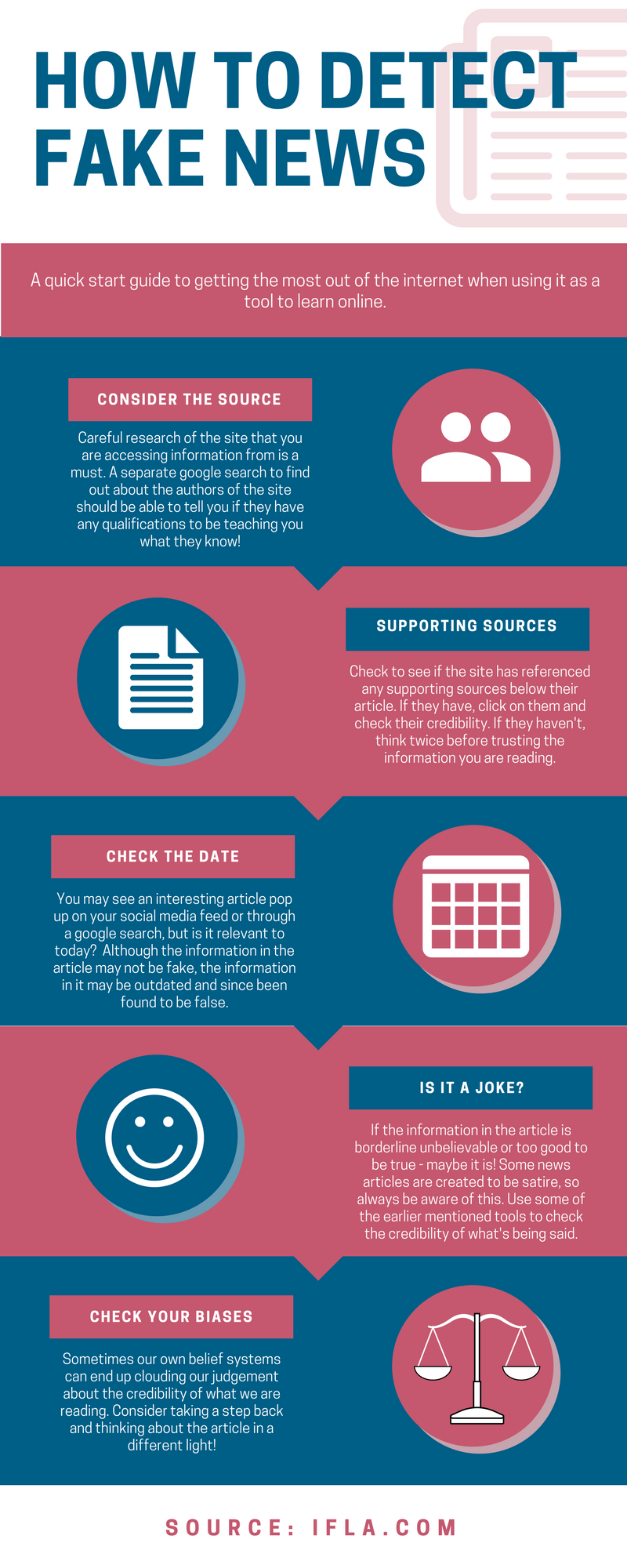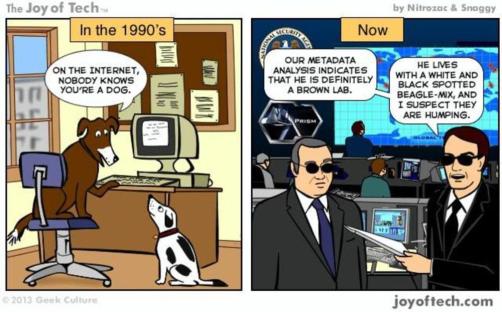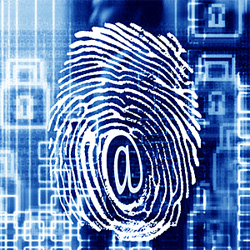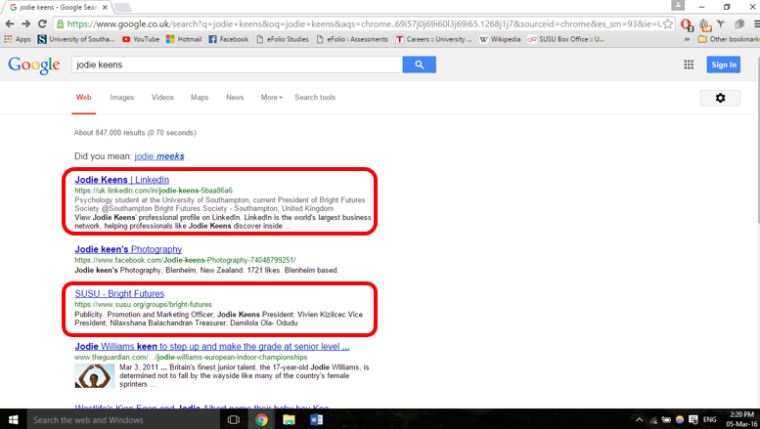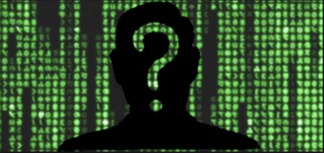
Fact or Fiction…or Fake?!
Introduction
I am beginning to wonder if this module is a sort of crystal ball, running parallel to my dissertation! Just as other topics did (Digital Divide and Digital Residency) fake news links very strongly to my work.
It is a quite a complex phenomenon and I have therefore prepared this short video, providing some definitions and some examples.
Continue reading →




